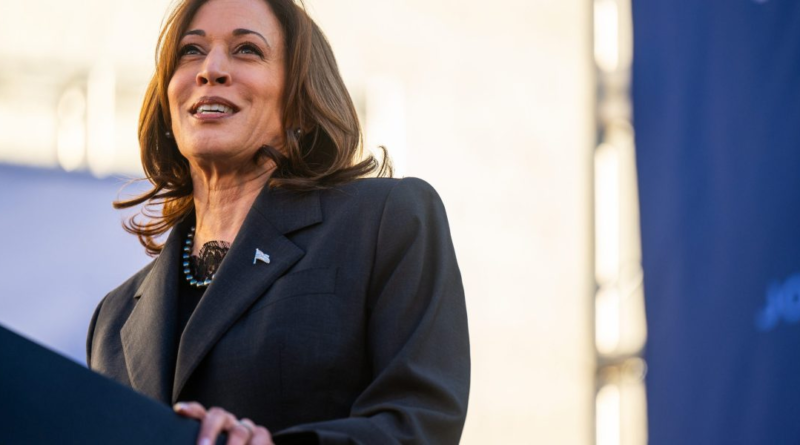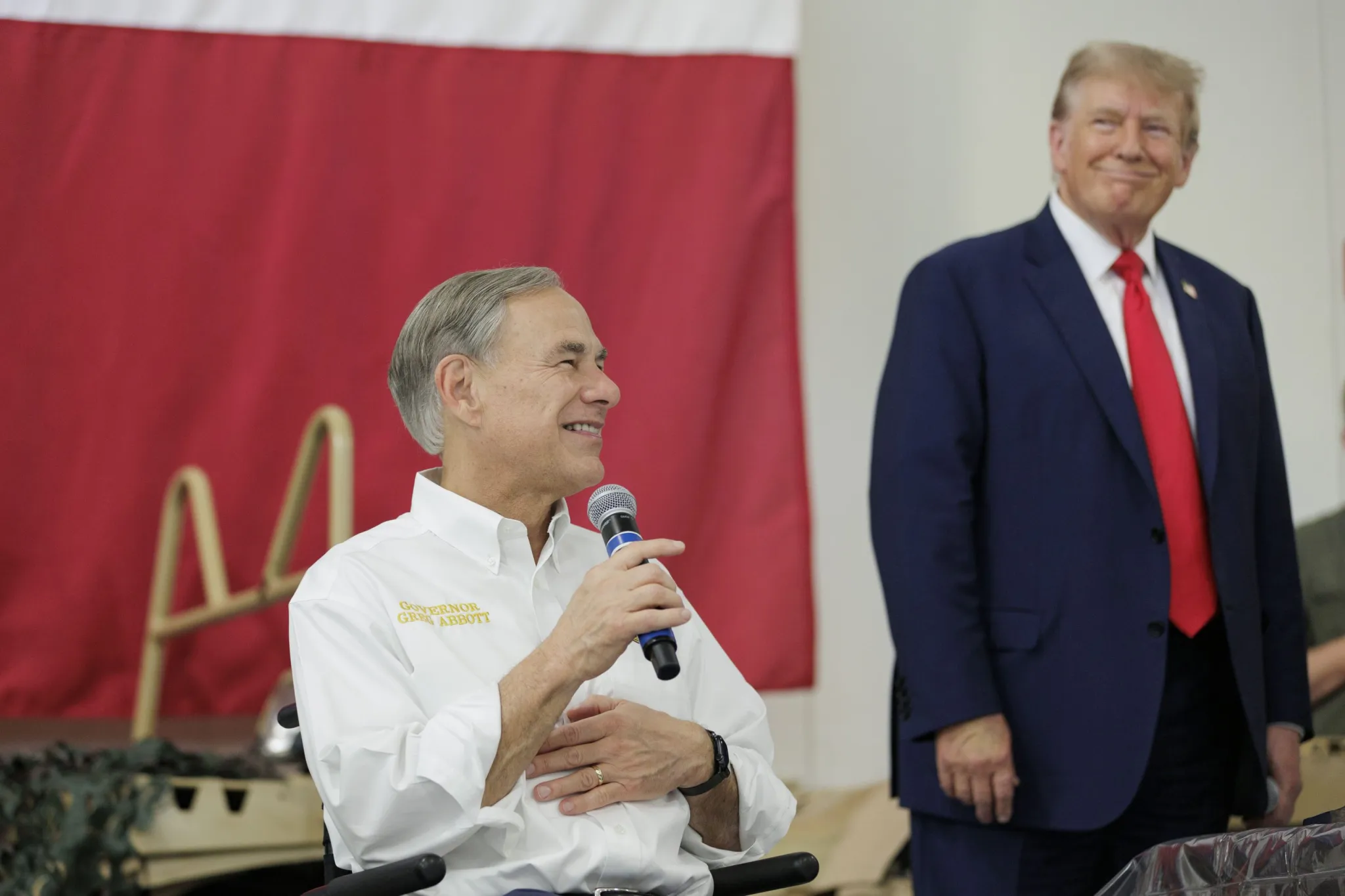Now you can text VP Kamala Harris, but you'll probably be hearing more from her instead
You can text vice president Kamala Harris your favorite emojis now. There’s a good chance she’ll only respond with a mass blast of her latest road trips.
Harris has now joined President Joe Biden on Community, an SMS marketing platform with at least 28 million members that helps big brands, entertainment sectors, musicians and lately, politicians, connect with the public via texts.
Since its launch in 2019, several politicians have joined the network including President Joe Biden in the summer of 2022, Barack and Michelle Obama, and several mayors and governors.
According to a White House spokesperson, the Office of the Vice President will be making the responses and there’s no specific timeline for people to expect them. People can, however, expect updates of Harris’ road trips and discussions with community members on her two trademark political policies: reproductive freedoms and reducing gun violence.
Joining the platform is “another way for her to keep the conversation going with the tens of thousands of people she’s met while traveling across the country,” said Ernesto Apreza, the deputy press secretary in her office. This year, he said, she’s made 15 trips to nine different states to advocate for women’s rights to reproductive freedoms and addressing gun violence which has killed enough Americans to make the U.S an outlier in gun-related deaths amongst most high-income countries.
In 2021, a record 48,830 people died from guns, up 23% from 2019, according to the Pew Research Center. As nearly half the states in the country continue to pass anti-abortion laws, Americans will face even more needless deaths for women.
Since the Supreme Court overturned Roe v. Wade in June 2022, 34 states passed restrictions on reproductive rights, according to the Guttmacher Institute, a research and policy organization that advances sexual and reproductive rights.
Of those, 21 states have passed legislation that the organization describes as “most restrictive” or “very restrictive,” which includes complete abortion bans with few or no exceptions, forced counseling appointments or ultrasounds, no Medicaid coverage of abortions and a state’s ability to shutter abortion clinics.
Political marketing vs. engagement
Since Harris herself won’t actually be on the phone typing in responses, questions arise: what kind of engagement should people who want to chat with her expect?
Reaching out to congressional representatives and city council members by calls, emails or even visits are one of the most effective ways for the public to petition policies and push topics that they want addressed, even though it’s often a slow-moving process with a lot of ghosting. It’s especially effective if a big group of people all decide to call in on a given topic. But an important difference in calls made directly to congress members is that they are counted–each and every one. The tallies of these calls can show a legislator what a community values and can influence them to support or introduce new bills.
With the vice president’s new line of communication, that’s not the case. Apreza said that for the time being, it’s a way “for folks to be able to stay in contact” with her and “hear directly from her and her office.”
You might be more familiar with phone banking, which refers to volunteers, political campaigners or advocacy groups canvassing voters and supporters over the phone. This kind of individualized reach out to potential voters is common practice during election years and a tool that advocacy groups use to garner support often.
But an analysis of 40 experiments conducted during U.S election campaigns found that voting campaigns that contact Americans to advertise candidates had no effect on general elections. The analysis found that this kind of contact only had persuasive effects in a few circumstances: when a candidate takes an unusually unpopular position on something; invests heavily to identify persuadable voters; and when campaigns contact voters long before election day.
Some may also worry about leaving a digital footprint, especially as it relates to politics, but according to Diankha Linear, the president and CEO of Community, there’s not much to fret over.
“Everything is opt-in,” she said, adding that people who sign up will voluntarily provide basic information like their name, phone number and email. The actual content of texts you send are never shared. “It’s not shared with advertisers, not ever sold. No one sees it other than the company,” of the politician, leader, or person you are texting.



